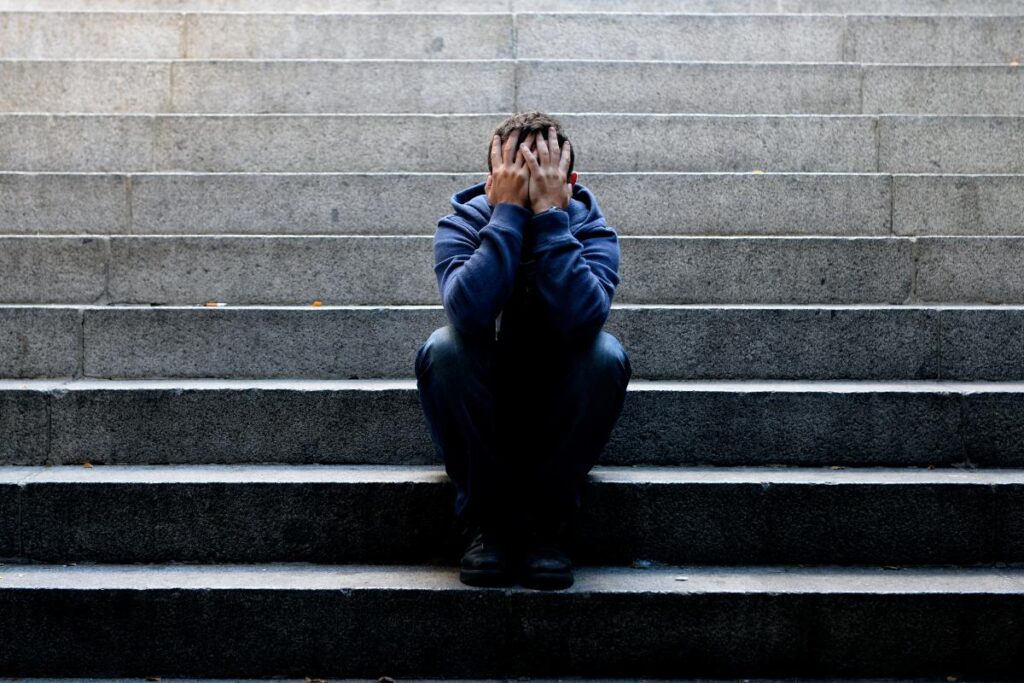Binge drinking is on the rise in the United States, especially among young adults. This dangerous practice can cause serious health issues, even if you only engage in binge drinking once. Binge drinking is defined as consuming a large amount of alcohol in a short period of time, which can lead to alcohol poisoning, which can be fatal. It also puts individuals at risk for other health issues such as liver disease, heart disease, and mental health concerns. If you’re struggling with your alcohol use, find support at an alcohol rehab in Waltham, MA. Contact Evoke Wellness at Waltham today by calling us at 866.276.1920.
Defining Binge Drinking: How Many Drinks Is Too Many?
Binge drinking is the most common type of excessive alcohol use in the United States, according to the Centers for Disease Control and Prevention. For men, binge drinking is the consumption of five or more drinks in the space of two hours, while for women, it’s consuming four or more drinks in two hours. For younger people, the same results could occur with just three drinks, depending on their size and age. Any behavior that gets your blood alcohol concentration levels to 0.08% or higher in a short amount of time is considered binge drinking.
The Dangers of Binge Drinking
Consuming any amount of alcohol can carry certain risks, but binge drinking is a highly dangerous practice that could have serious and even fatal consequences. Crossing the threshold into binge drinking opens the door to the risks of alcohol poisoning, blackouts, and more.
An alcohol-induced blackout is when you experience gaps in your memory while intoxicated. It’s not the same as passing out. During a blackout, you’re still conscious and moving around. Blackouts can put you at risk of injuries, sexual assault, and a variety of other dangers.
Also called alcohol overdose, alcohol poisoning occurs when you have too much alcohol in your bloodstream. This overdose leads your brain to lose control of basic functions like temperature regulation, breathing, and heart rate. Because it’s so dangerous, recognizing the signs is essential.
Signs of Alcohol Overdose
The signs of alcohol overdose may include:
- Extreme confusion
- Clammy skin
- Slow breathing
- Vomiting
- Difficulty remaining conscious
- Seizures
- Extremely low body temperature
- Slow heart rate
Engaging in binge drinking, especially if you do so regularly, can also cause chronic conditions and organ damage.
It harms your heart because alcohol leads to high blood pressure, damaging your blood vessels and causing an irregular heartbeat. You can also experience issues with your pancreas since just one session of binge drinking can lower your blood sugar levels to a dangerous level.
Keep in mind that alcohol dulls your gag reflex. This effect means that vomit, saliva, and other substances could enter the lungs, leading to infections or inflammation. Additionally, your liver can suffer significantly if you binge drink. You could suffer liver damage, including cirrhosis.
Most people don’t realize that binge drinking could also increase your risk of developing dementia later on in life while also making strokes more likely. Besides cognitive impairments, alcohol can lead to mental health issues like depression, anxiety, and even psychosis. Prolonged heavy drinking can also impact bone health, hindering calcium absorption in your body.
Call Evoke Wellness at Waltham to Begin Your Recovery at Our Alcohol Rehab in Waltham, MA
Binge drinking doesn’t always mean you have an addiction, but alcohol abuse is more likely if you engage in binge drinking. The best thing you can do, even if you are not sure whether you have a substance use disorder, is to get help from professionals.
When you turn to us at Evoke Wellness at Waltham, you can receive care from experts in the field of addiction. Our supportive and knowledgeable staff members will guide you through the recovery road ahead. Don’t wait another minute to get the help you need. Contact Evoke Wellness at Waltham today by calling us at 866.276.1920 or contacting us online with any questions about how to begin the process of healing and recovery.


